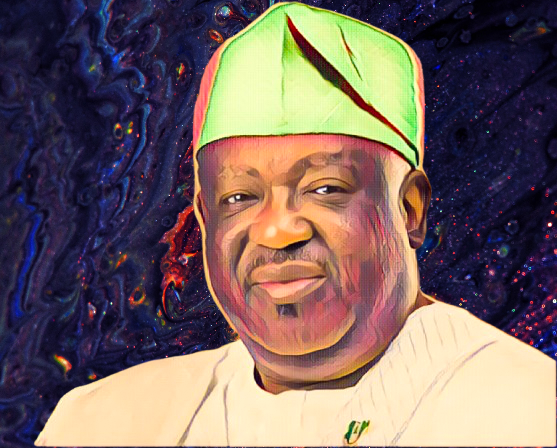Key Points
-
Governor Caleb Mutfwang calls for local communities to defend themselves.
-
Over 100 people have been killed in Plateau in recent weeks.
-
Governor insists on a balanced approach to security, rejecting lawlessness.
Plateau State Governor Caleb Mutfwang has called on communities to take responsibility for their own defense in light of the recent wave of killings in the state.
Mutfwang’s statement comes after more than 100 people were killed in a series of attacks in Bassa Local Government Area within the past two weeks.
A surge in violence despite security efforts
The latest attack, which occurred early Monday morning, targeted the Zike and Kimakpa communities in Kwall District of the Iregwe Chiefdom.
Over 50 people were killed, and several houses were destroyed. Mutfwang, who visited the affected areas on Tuesday, emphasized that security challenges have stunted the state’s growth and development.
“We are investing heavily in technology to combat these security challenges,” Mutfwang said, explaining that insurgency and terrorism have hindered economic progress.
He acknowledged that the state’s people cannot fully engage in farming or other economic activities due to insecurity.
Communities need to take charge of their own safety
Governor Mutfwang has supported the military and other security agencies since assuming office in 2023, but he stressed that local communities must also play a role in their own defense.
“Security cannot be achieved unless communities defend themselves,” Mutfwang asserted.
However, he clarified that his administration would not support lawlessness, urging local youth to defend their communities in a regulated manner.
A longstanding issue of communal defense
This call for self-defense is not new. Former army chief Theophilus Danjuma has also made similar calls for communities to arm themselves, as security agencies have been unable to stem the violence. However, many Nigerians believe such calls would escalate the situation by putting more weapons in the hands of non-state actors.
The violence has affected several other states in northern Nigeria, including Niger, Benue, and Taraba.
The reasons for these attacks include conflicts over land, grazing rights between nomadic herders and sedentary farmers, and ethno-religious tensions.
Despite the efforts of security agencies, these attacks continue to plague the region.



